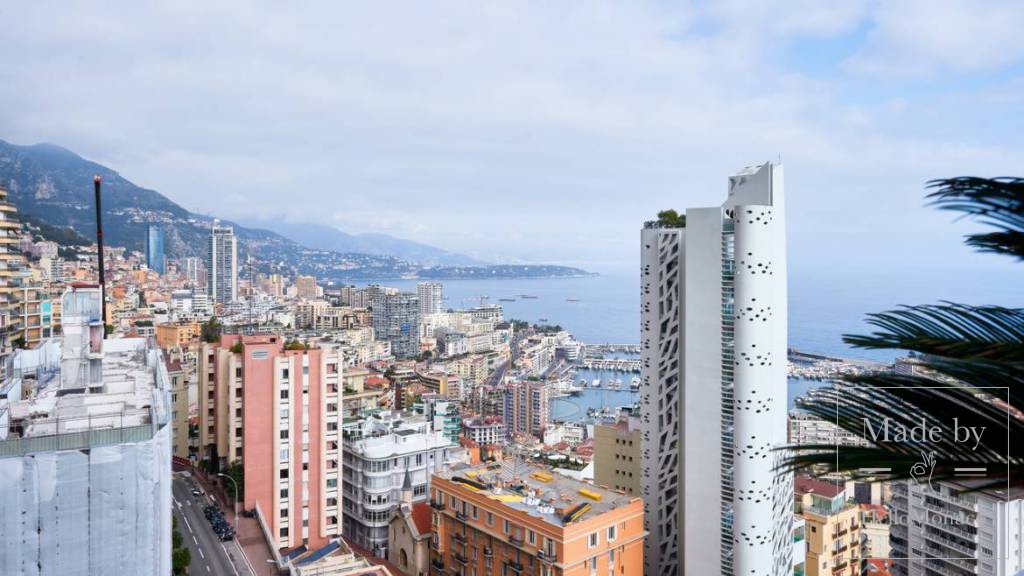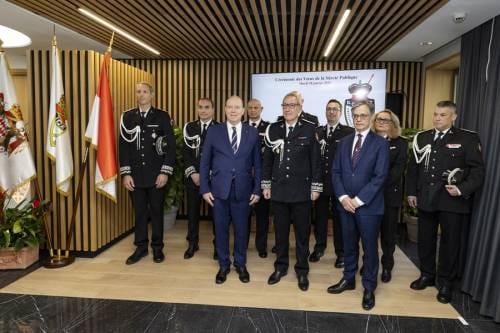The International University of Monaco had to adjust rapidly to the pandemic. It is an international institution. Even before the quarantine in Monaco started to bite, some Italian students, particularly from the Milan and Bologna regions, on visits to their homes, got caught early in their own quarantines, and were absent from classes.
The University turned to one of its strengths and rapidly turned to educating them and others remotely with laptops.
The pandemic just served to accelerate IUM down a curve they were already geared to conquer. Reports are there was some urgent organization required to equip all professors and administrators with laptops connected to the University’s powerful server – and that this was successfully completed.
As Monaco’s own quarantine took hold everything was in place to continue all the courses on line and the University closed its physical premises. And so the courses did continue just like classes in the schools have continued – everything on-line. While graduates on Masters Programs already have acquired the self-discipline for home study those doing degrees for the first time have had more of a hill to climb.
The difference between the University and the general education system is that whereas normal schools are targeted to go back on May 11th the University is not following their example. The physical lecture rooms and student lounges will remain closed until the new academic year begins in September.

The University has a high proportion of international students who are scattered around – all in countries which have different programs for fighting the epidemic. The practical option was to continue to teach everyone on-line faced with the difficulty of getting everyone back together in one place Monaco. Over 500 students and about 100 professors became the new digital guinea pigs of the future.
That also means that final exams for Bachelors’ programs are being organised on-line too, with additional safeguards to prevent plagiarism and to make sure no-one has a friend helping them or taking the exams for them. There remain a number of important areas that cannot be solved one hundred per cent digitally. Graduates in Master’s programs need to participate in internships that give them valuable work experience and entry into the next stage of their careers.
This has been temporarily seriously effected by the quarantines everywhere. It’s an important component of a Graduate’s qualification. IUM is reported to be helping as much as it can helping its students network with companies for potential internships. An extra six months extension has needed to be granted, given the paralysis in the job market, for the graduates to complete an internship. There is also a failsafe of doing a thesis instead in the rare cases of some internships not materializing.
Born out of an unexpected shock of the epidemic the University now finds itself accelerated up the digital education curve with capabilities well-tested for the future. IUM in the Principality is now well-placed to experiment and innovate.









